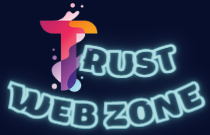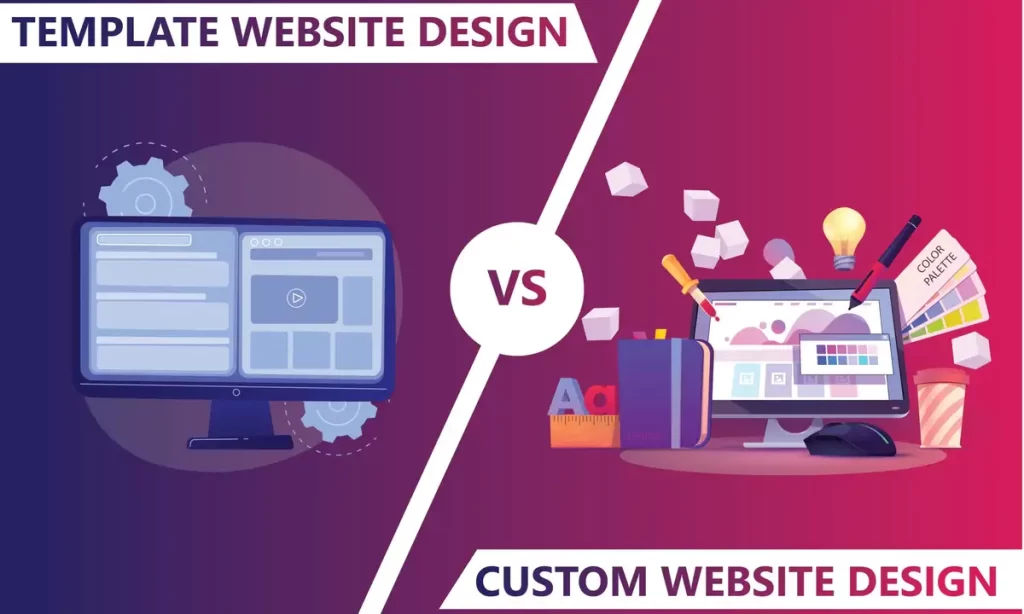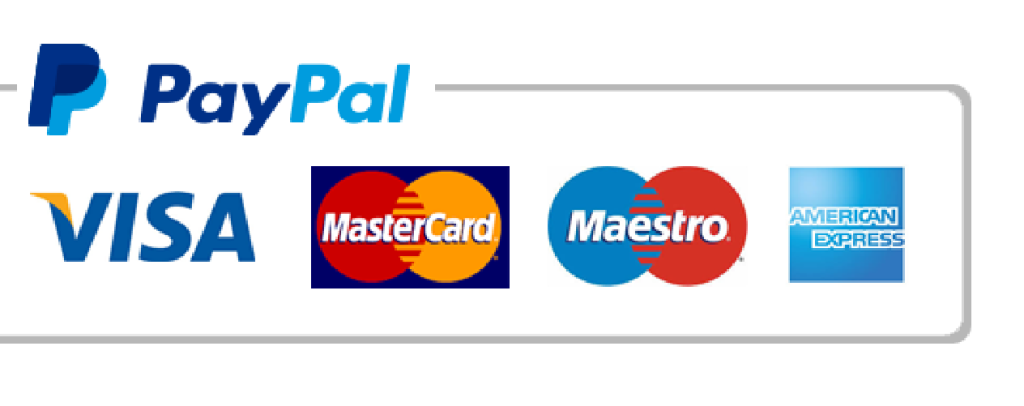When choosing between custom e-commerce development and template design for your online store, the right choice depends on several factors like budget, time, scalability, and specific business needs. Let’s break down the key differences and considerations for each option.
Custom E-Commerce Development:
Custom e-commerce development refers to creating a tailor-made online store from the ground up. The website is built specifically to meet your business requirements, using custom code, design, and features.
Pros:
Unique Design & Branding: Your store will reflect your unique brand identity without any limitations. You can create a custom user experience (UX) tailored to your target audience.
Scalability: A custom solution can grow as your business does. It allows you to add unique features, integrations, and functionalities as needed.
Flexibility: You have complete control over the website’s functionality, design, and backend systems.
Better SEO & Performance: Custom websites can be optimized from the ground up for SEO and performance, offering faster load times and better indexing.
Cons:
Higher Cost: Custom development is usually more expensive than template-based designs because it requires developers and designers to create everything from scratch.
Longer Development Time: Building a custom website takes more time compared to using a pre-built template.
Ongoing Maintenance: Custom-built websites often require more maintenance and updates, which can be resource-intensive.
When to Choose Custom Development:
- You have a unique business model or product offerings that need custom features (e.g., subscription services, custom product options, advanced filters).
- Your brand requires a highly distinct design and user experience that cannot be achieved with templates.
- You anticipate substantial growth and need a platform that can scale without restrictions.
- You have a larger budget and time frame to invest in a bespoke solution.
Template Design:
Template design involves using pre-built themes or layouts from platforms like Shopify, WooCommerce, or BigCommerce. These templates are customizable, but the core structure and design are already defined.
Pros:
Cost-Effective: Templates are generally much cheaper than custom development, making them ideal for small businesses or those with limited budgets.
Quick Setup: Templates can be deployed quickly, allowing you to launch your store faster compared to custom-built solutions.
Less Maintenance: With templates, you don’t need to worry as much about ongoing updates or bug fixes, as the platform and template are typically well-maintained.
Variety of Options: There are many professionally designed templates to choose from, with many features and integrations built-in.
Cons:
Limited Customization: Although templates offer some level of customization, they may not provide the flexibility needed for complex or highly specific features.
Generic Design: Templates can result in a less unique design. Many other businesses may use the same template, which can make your brand look less distinctive.
Scalability Limitations: Templates may limit your ability to scale or modify the store as your business grows, particularly if you need advanced or unique features.Performance Issues: Some templates may be slower or less optimized for SEO, depending on the complexity of the theme.
When to Choose Template Design:
- You are on a tight budget and need a functional, aesthetically pleasing store without a huge investment.
- Your business model and product offerings are straightforward, and a template can cover your basic needs.
- You want to launch quickly, with minimal time spent on development.
- You don’t require advanced, custom features or scalability at the moment.
Which is Right for You?
It all comes down to your business goals, budget, and long-term plans.
- If you’re a startup or small business with a modest budget and want to get your online store up and running quickly, a template design is a great way to go.
- If you have a unique business model, require custom features, or have plans for future expansion, investing in custom e-commerce development will provide a more scalable and tailored solution.
In some cases, businesses start with a template design and later migrate to a custom-built solution as they grow, but if you have the resources and need a unique experience from the start, custom development could be worth the investment.




